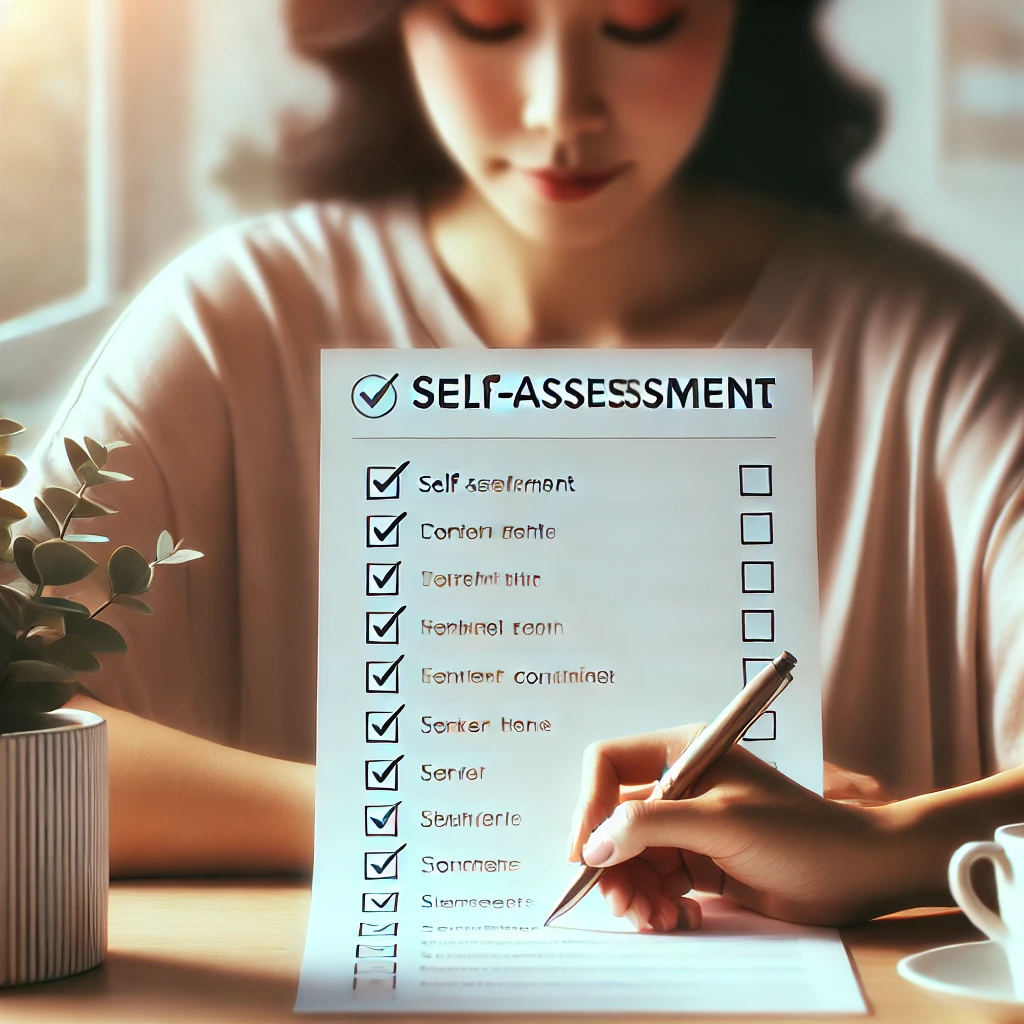Morning Routines for ADHD Women: A Neurodivergent-Affirming Guide
Morning Routines for ADHD Women: A Neurodivergent-Affirming Guide
The alarm blares for the third time. Sarah jolts awake, her heart racing. "7:45 AM?!" She scrambles out of bed, tripping over the clothes she meant to put away last night. As she rushes to prepare, her mind jumps between tasks: "Keys? Where are my keys? Did I pack lunch? Wait, did I even eat breakfast?" By the time she leaves, Sarah feels like she’s run a marathon—and her day has barely started. Sound familiar? For many women with ADHD, chaotic mornings like this are all too familiar.

For ADHD women, the pressure is relentless. From the moment you wake up, the world expects too much. Your brain is already overloaded with tasks, responsibilities, and the weight of living in a neurotypical world that wasn't designed for you. The stress can be immense, and it's easy to feel like you're always falling behind.
But it doesn’t have to be this way.
Tiny Habits is a behavior-change method where you start small, with one tiny action that can build over time. Routines are hard to establish, especially for ADHD women, but research shows that even small, consistent habits can improve attention regulation, task completion, and emotional control. By incorporating these small steps into your morning, you can build momentum without feeling overwhelmed.
Let’s make your mornings work for you, not against you.
ADHD-Friendly Morning Routine Checklist (Using Tiny Habits)
🛏️ Prepare the Night Before
For women balancing work, family responsibilities, or personal commitments, this step is crucial. Research shows that establishing evening routines can improve executive functioning and reduce emotional impulsivity. Preparing the night before reduces your mental load in the morning when your brain is most vulnerable to overwhelm.
Tiny Habit: Start by laying out your clothes the night before. Once this becomes a regular habit, you can add more steps like packing your bag or prepping meals.
Why it works: ADHD brains struggle with decision-making and organization, especially during the morning cortisol spike. By reducing decisions at night, you set yourself up for a smoother morning.
Sensory-Friendly Wake-Up
Research highlights the connection between ADHD and disrupted circadian rhythms, which can make waking up difficult. Individuals with ADHD often experience delayed sleep phase syndrome, where their natural sleep-wake cycle is shifted later.
Tiny Habit: Use a sunrise alarm clock or vibrating watch for a gentler wake-up. This small change can help reset your circadian rhythm over time.
Why it works: Light exposure helps regulate melatonin and cortisol, the hormones that govern sleep and wakefulness. Starting with this tiny habit helps your body transition more smoothly into the day.
🎧 Add a Dopamine-Boosting Activity
ADHD is associated with lower dopamine levels, making it harder to get motivated in the morning. Research shows that starting the day with enjoyable activities can increase dopamine and improve attention and mood.
Tiny Habit: Start by listening to one song that lifts your mood. Once this habit sticks, you can add other dopamine-boosting activities, like spending time with a pet or doing a quick, creative task.
Why it works: A small dopamine boost helps activate focus and energy, which are often lacking in the mornings for individuals with ADHD.
⏰ Use Visual Timers or Alarms
Many with ADHD experience time blindness, making it difficult to gauge how long tasks take. Research has shown that external tools like timers can improve task completion and reduce procrastination.
Tiny Habit: Set just one timer for a specific task, like getting dressed. Once you’re comfortable with this, you can add timers for other morning tasks.
Why it works: Visual timers provide external cues, helping ADHD brains stay on track with time management.
📝 Check Off Tasks with a List or Sticky Notes
Research shows that structured routines help scaffold executive function by offering clear steps for task initiation and completion. Visual reminders like checklists or sticky notes can help ADHD brains stay organized without overwhelming mental load.
Tiny Habit: Begin with one sticky note for a key task, like taking medication. As you build consistency, you can expand this habit into a full morning checklist.
Why it works: Visual cues reduce the mental load of remembering every step in your morning, helping you stay organized and on track.
💖 Practice Self-Compassion
ADHD women often face intense shame and self-criticism, which can worsen ADHD symptoms. Research shows that self-compassion can reduce stress and improve emotional regulation, allowing you to be more flexible with your routines.
Tiny Habit: At the end of each day, reflect on one thing that went well, no matter how small. Acknowledging small wins helps build confidence and reduces self-criticism.
Why it works: ADHD can make you feel like you’re constantly failing, but recognizing small successes can shift your mindset and make building routines feel more attainable.
Common ADHD Challenges and Solutions
Even with a well-planned routine, ADHD-specific challenges can arise. Here are common hurdles and tiny habits you can implement to manage them:
- Hormonal Fluctuations: Hormonal changes throughout the month can affect ADHD symptoms. Tiny Habit: On more difficult days, focus on one or two core tasks to simplify your routine.
- Time Blindness: Use alarms, timers, or large clocks to track time. Tiny Habit: Start with timing one segment of your morning, like breakfast, to help you stay on track.
- Distractibility: ADHD brains are easily distracted. Tiny Habit: Place your phone in another room while completing one morning task, like getting dressed, to minimize distractions.
(Self-compassion tip: Redirecting your attention is a win. Every time you refocus, you’re building a valuable skill.)
Making Your Routine Stick
- Be patient: Research shows that building new habits takes time—often more than seven weeks. Tiny habits make it easier to start without feeling overwhelmed.
- Stay flexible: If something doesn’t work, adjust. It’s not about failure; it’s about finding what works for you.
- Use simple tools: Low-tech tools like planners and alarm clocks can be more effective than complex apps when building habits.
- Expect setbacks: Some days your routine might fall apart, and that’s okay. Focus on your non-negotiables (like taking medication), and try again the next day.
Conclusion: Your Morning Routine for ADHD as Self-Care
Building a morning routine is hard, especially when you have ADHD. But starting with tiny habits can make the process more manageable and sustainable. Try focusing on one small change at a time and see how it helps. Remember: Progress, not perfection, is what counts.
Establishing a routine using anchor points






